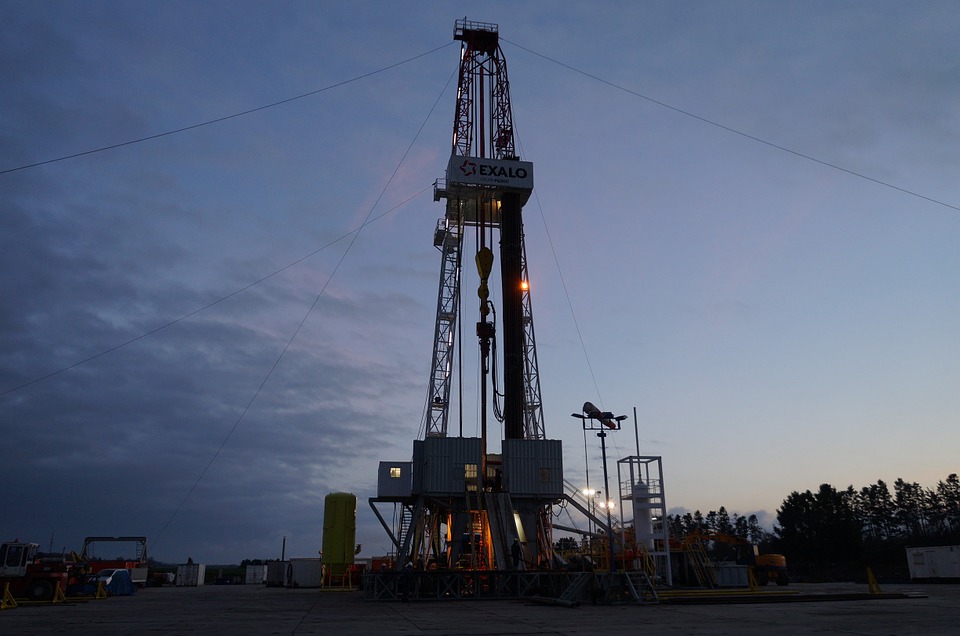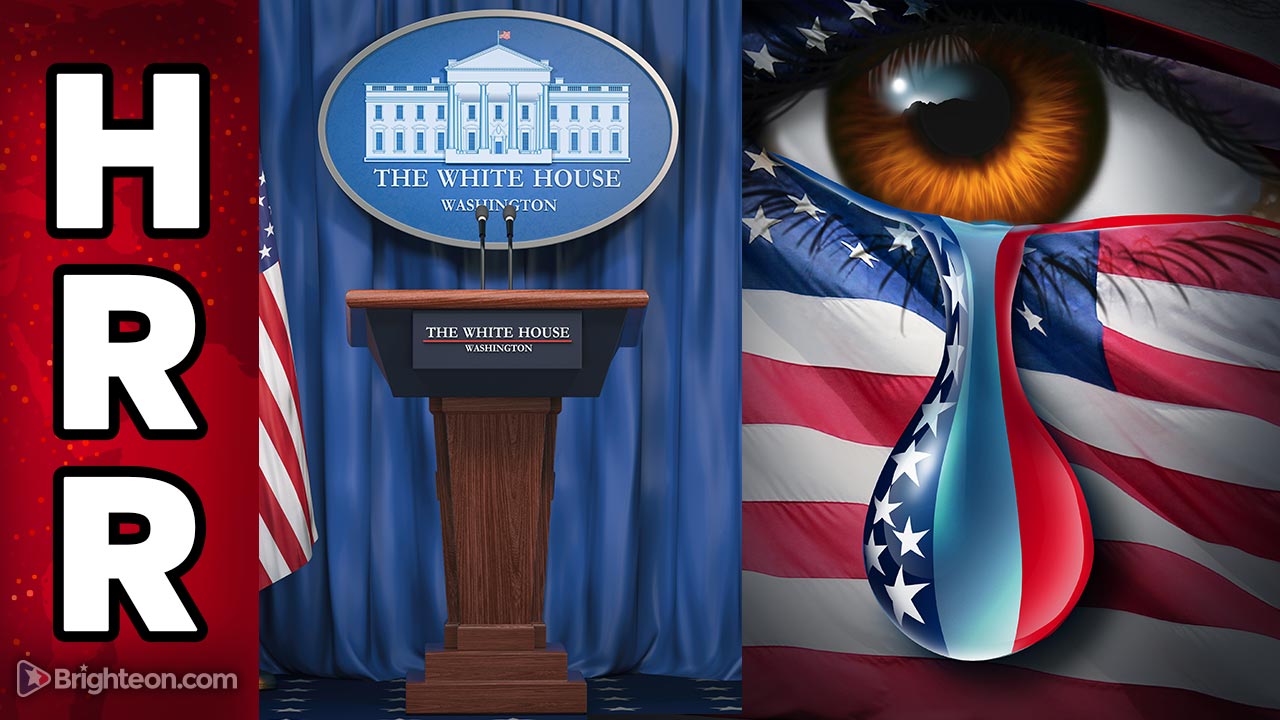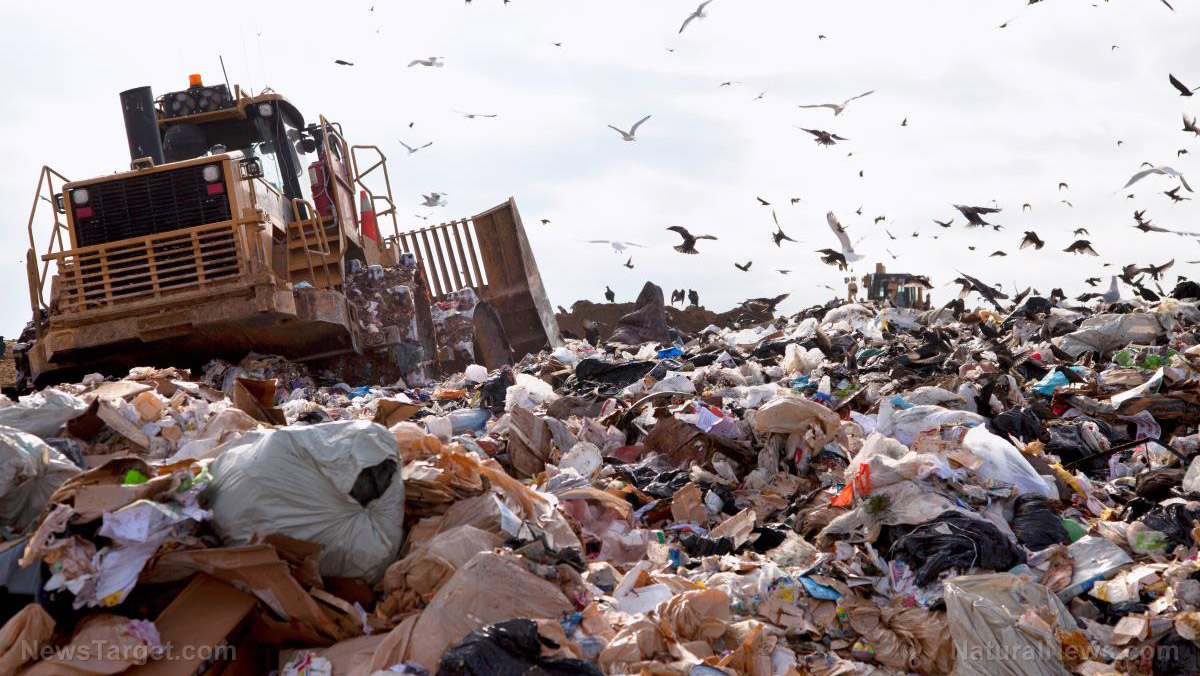 Parler
Parler Gab
Gab
Natural gas is in the crosshairs of environmental advocates after coal
Environment advocates and the gas industry are in conflict over the future of natural gas. Those against the energy source want to make it "the new coal" and accelerate its demise, while natural gas supporters insist that the bans are products of fringe politics that will never reach the mainstream. The gas industry meanwhile responded to the laws in a seemingly contradictory fashion. It downplayed the dangers of natural gas, yet pledged to cut emissions and plug gas leaks. University of California, Berkeley business professor Lucas Davis said: "You're seeing more cities in states where [banning natural gas] is possible … and you're seeing more states take pre-emptive measures. It's becoming more front-of-mind for policymakers all over." The initial four states that struck down natural gas bans do not have emissions reduction as part of their agenda. Many of the 12 states aiming to follow their footsteps argue that restricting possible energy sources would be unfair to their residents. (Related: Climate lunatics are working to ban natural gas stoves, forcing consumers to rely on electric burners that are mostly powered by coal.) Indiana State Rep. Jim Pressel (R-20) said last February: "I think it's very unfair to our constituents, any of them, to take away any source of energy." The Republican state lawmaker noted that most cities that have adopted the natural gas bans are located in California. Pressel made the remarks amid a debate at the Indiana House of Representatives for his bill banning the natural gas bans: It eventually passed the lower chamber. The gas industry has also went on the defensive through organizations such as the American Gas Organization and the binational Northwest Gas Association. Both groups have responded to the legislative challenges by downplaying the environmental impact of natural gas. But interestingly, they have also pledged to cut emissions by mixing fossil fuels with cleaner fuels and improving how leaks in the gas supply chain are addressed. Some other groups have reached out to people to fight the natural gas bans instituted in the Golden State. The Power Florida Forward campaign made use of a flyer that said: "Don't bring failed California policies to Florida." The campaign conducted by the Florida Gas Association urged support for a proposal in the Sunshine State preventing cities from banning natural gas connections. (Related: Stable energy for America: Natural gas supply in the eastern U.S is growing faster than demand.) Check out Power.news to read more news about bans on natural gas use. Sources include: CleanTechnica.com SeattleTimes.comThe end of meat? Dutch “green” policies force dairy farmer to cull 95% of his herd
By Ethan Huff // Share
Diminished US refining capacity from facility closures contributing to soaring gas prices
By Belle Carter // Share
IRONY: “Green” solar energy creating massive landfill waste problem in California
By Ethan Huff // Share
Truckers protest California’s “gig worker” law, which bans 70,000 independent trucking businesses
By Mary Villareal // Share
Governments continue to obscure COVID-19 vaccine data amid rising concerns over excess deaths
By patricklewis // Share
Tech giant Microsoft backs EXTINCTION with its support of carbon capture programs
By ramontomeydw // Share
Germany to resume arms exports to Israel despite repeated ceasefire violations
By isabelle // Share










